





Funding for a portion of our programs provided by the County of San Diego.


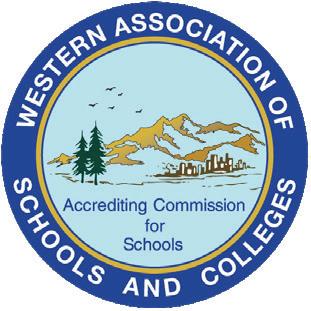


San Diego Center for Children is the leading non-profit children’s mental healthcare provider in our region.

Our skilled and caring team is dedicated to improving the lives of children and families through nationally accredited mental health and educational services. We provide a hopeful path for a better future to thousands of families every year; and we’ve been doing it since 1887.


Our continuum of mental health services is nationally accredited by The Joint Commission for its excellence in safety and quality of care. We are leading experts in providing effective mental health and educational services. Our services are accessible to families, strength-based, child and family focused, trauma-informed and culturally relevant.
The Foster Family Agency Stabilization and Treatment (FFAST) Program is the sole provider contracted with the County of San Diego Behavioral Health Services to provide therapy and other supportive services to youth, ages 0 to 21, who live in Foster Family Agency (FFA) homes in San Diego County.
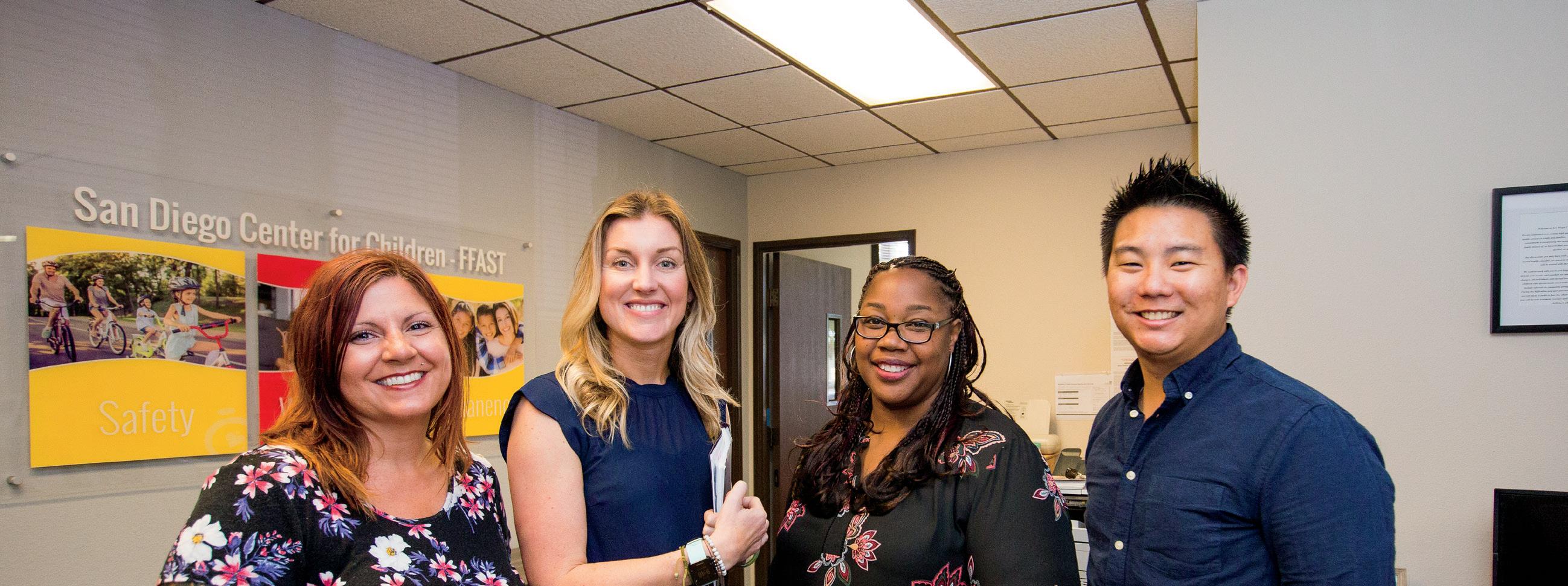
Since 2011, our FFAST Program has helped many youth achieve safety, well-being and permanence, while also providing the individualized tools and support systems needed for their families to thrive.
We have received the best help we could come across with. Anytime there is an issue, our child’s therapist quickly helps me combat the situation. We are having great progress at home thanks to FFAST.
“ ”
– Parent



My therapist was consistent and helped me all along the way.
– Foster Youth
“

• Short-term treatment provided in the home or community
• Short wait times, urgent referrals accepted, and emergency response available
• Family voice and choice driven, and collaborative with Child and Family Team members
• Comprehensive trauma-informed behavioral health assessments
• Family and individual therapy provided in the home or community
• Monthly Caregiver Support Group offered virtually and/or in-person
• Trauma-Focused Cognitive Behavioral Therapy (TF-CBT), Motivational Interviewing (MI), Parent-Child Interaction Therapy (PCIT) PRIDE skills and Positive Discipline (PD)
• Psychiatry and medication management
• Crisis intervention available 24/7
We understand that when a child needs help, the entire family needs support.
With active family participation, our FFAST team can ensure that a family’s individualized needs are met with the utmost personalized attention.


• Increased placement stability and permanence
• Quicker response to treatment interventions
• Improved child and caregiver well-being and satisfaction
• Bonding between children and their caregivers
• Improved family communication and problem solving
• Caregivers learning how to best support their youth
• Safety in the home
The participation of a child’s caregiver is vital during the entire treatment process. Caregivers are expected to work with their family’s therapist, attend regular family therapy sessions, provide space for home sessions, and reinforce skills learned in therapy.
Transition age youth are provided the option to invite significant individuals in their lives to be involved in their own treatment if caregivers are not available.
– Parent
– Parent

It took the stigma of therapy away for our whole family. Instead of last resort and shameful to go, it’s about something to help you overcome challenges.
“ ”
We’ve learned more from therapy than our kids. How to parent positively and how to respond to our kids.
“ ”
“ ”
They tell me why the kids are doing what they are doing. It’s like a life support. They have the calmest voices when I call.
– Parent

Our years of experience as the exclusive provider of mental health services to youth in San Diego County FFA homes has shown us that the best outcomes happen when youth and their families are supported, informed, empowered, and connected.
Families are encouraged to take advantage of the expertise of our Family Support Partners and Skills Trainers who have experience and training in navigating the foster care, juvenile justice, and special education systems.
Our expert team members partner with caregivers and youth to help them understand these systems, advocate for themselves, strengthen their skills, and access needed community resources.

• A trusted person to talk to about struggles and stress
• Guidance in navigating and understanding systems (Child Welfare Services, Probation, Education, Behavioral Health Services)
• Assistance with advocacy for self and child
• Help in understanding the processes of reunification or adoption
• Support with parenting skills (i.e. communication, discipline, understanding development, etc.)
• Facilitate access to community resources (i.e. tutoring, after-school programs, housing, food, employment, parenting classes, support groups, etc.)


• One-on-one mentorship
• Guidance through stressful life transitions
• Support in meetings with social workers, therapists, and lawyers
• Assistance with Independent Living Skills
• Connection to community resources (i.e. camps, sports, support groups, etc.)
• Opportunities to learn and practice coping skills in their home, school, and community
Just them being there to talk things out and listen to me helps me solve my issues.
– Foster Youth
“ ”

A variety of therapeutic approaches are used based on the needs of each family and may include traditional talk therapy, play therapy, art, hands-on coaching in the community, and other non-traditional approaches that are effective and evidence-informed. We are dedicated to having youth and families feel comfortable, and actively engaged throughout their treatment process.
Services typically last 6 to 12 months. The length of treatment depends on progress made, active family participation, youth and family preferences, and recommendations by FFAST.
 Professional and caring staff
Professional and caring staff

(3-4 meetings total)
• FFAST Family Therapist meets with the family and child to assess their needs and set goals together
Individual & Family
(2-4 meetings per month)
• Active participation in therapy from youth and caregivers promotes significant growth and healing
• Transition age youth who live independently are encouraged to invite their significant supports into therapy when appropriate.
or more often as needed)
• Meetings include youth, their family, formal supports (i.e. therapist, teachers, social workers, etc.) and informal supports chosen by the youth and family (i.e. extended family, clergy, coaches, etc.)
• Discussions consist of significant supports coming together to share what is going well, voice concerns, plan for permanency, review services currently in place, and identify additional supports as needed
The staff at FFAST are very personable. It presents a fun place for my foster child and a quiet place.
“ ”
– Parent
“ ”
TFC was the program that allowed us to become the home he needed.
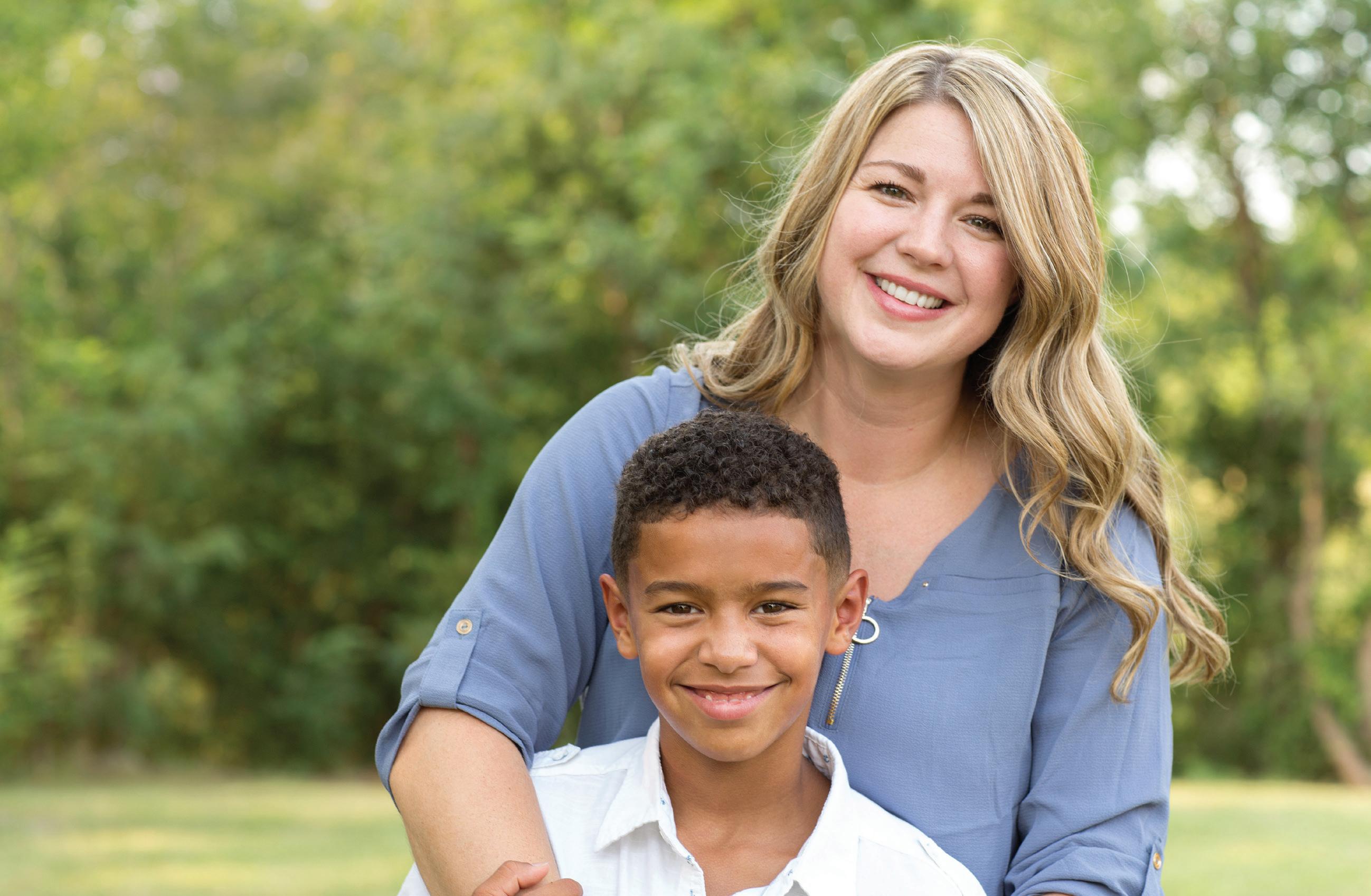
– Parent


Therapeutic Foster Care (TFC) is a service that supports foster youth with complex emotional and behavioral needs. In San Diego County, TFC services are provided through the San Diego Center for Children’s Foster Family Agency Stabilization and Treatment Program (FFAST). TFC is a short-term, collaborative, trauma-informed, and individualized service provision targeted at supporting the stability of a child/youth within a home setting.
Through TFC, the resource parent is a key participant in the therapeutic treatment process of the youth, providing trauma-informed interventions to:
• Assist their child in meeting treatment goals
• Improve functioning, well-being, and stability
• Help their child remain in a family home and avoid residential or inpatient care
TFC is a partnership between TFC Certified Resource Parents, the FFAST Program, local Foster Family Agencies, Child Welfare Services, and Behavioral Health Services
• Therapeutic Foster Care is a service billed to Medi-Cal by the resource parent
• (TFC Parents receive reimbursement for these services)
• In order to receive TFC services, a child/youth must be an active FFAST client and the caregiver must be TFC Certified.
To learn more about the TFC Program, or how you can become a certified TFC Parent contact: TFCTeam@centerforchildren.org
My child has made some great improvement in self-regulating and self-esteem, and her overall happiness. I’m very thankful for the support my whole family has received through FFAST.



Wraparound services support youth and their families when they are stepping down from residential treatment into a resource family home, when placement is at risk, and when they are reunifying with their families of origin. To achieve success, wraparound requires participation from the child and the family, as well as their identified formal and informal support people, holding great significance in building a plan for the entire family that is individualized, strength-based and community-resource driven.
Wraparound teams typically include:
• Intensive Care Coordinator: Masters level team leader, responsible for doing assessment and client plans, and setting up/facilitating team meetings
• Parent Partner: Former participants in the “systems” of child welfare, adoptions, special education, or probation – they act as a mentor, coach and advocate for parents and caretakers, helping to navigate them through the various systems
• Youth Partner/Skills Trainer: Young professionals who provide support and share their personal story with the youth, take youth into the community to learn life skills, and act as a mentor/advocate for the youth in team meetings
• Family Therapist: Provide individual and family therapy when therapy has not been available elsewhere
• Formal and Informal Supports: These can include social workers, teachers, clergy, extended family, close friends, mentors, coaches, etc. identified by the family as those with resources that can help the family reach their goals
If you think wraparound might be right for you, let your FFAST Family Therapist, FFA or County Social Worker know.
The most helpful thing is knowing that there is a trained professional who is helping my child through their trauma and looking out for any red flags relating to mental health. It brings a lot of comfort to me and it has been really good to have someone my child can talk to. – Parent

”
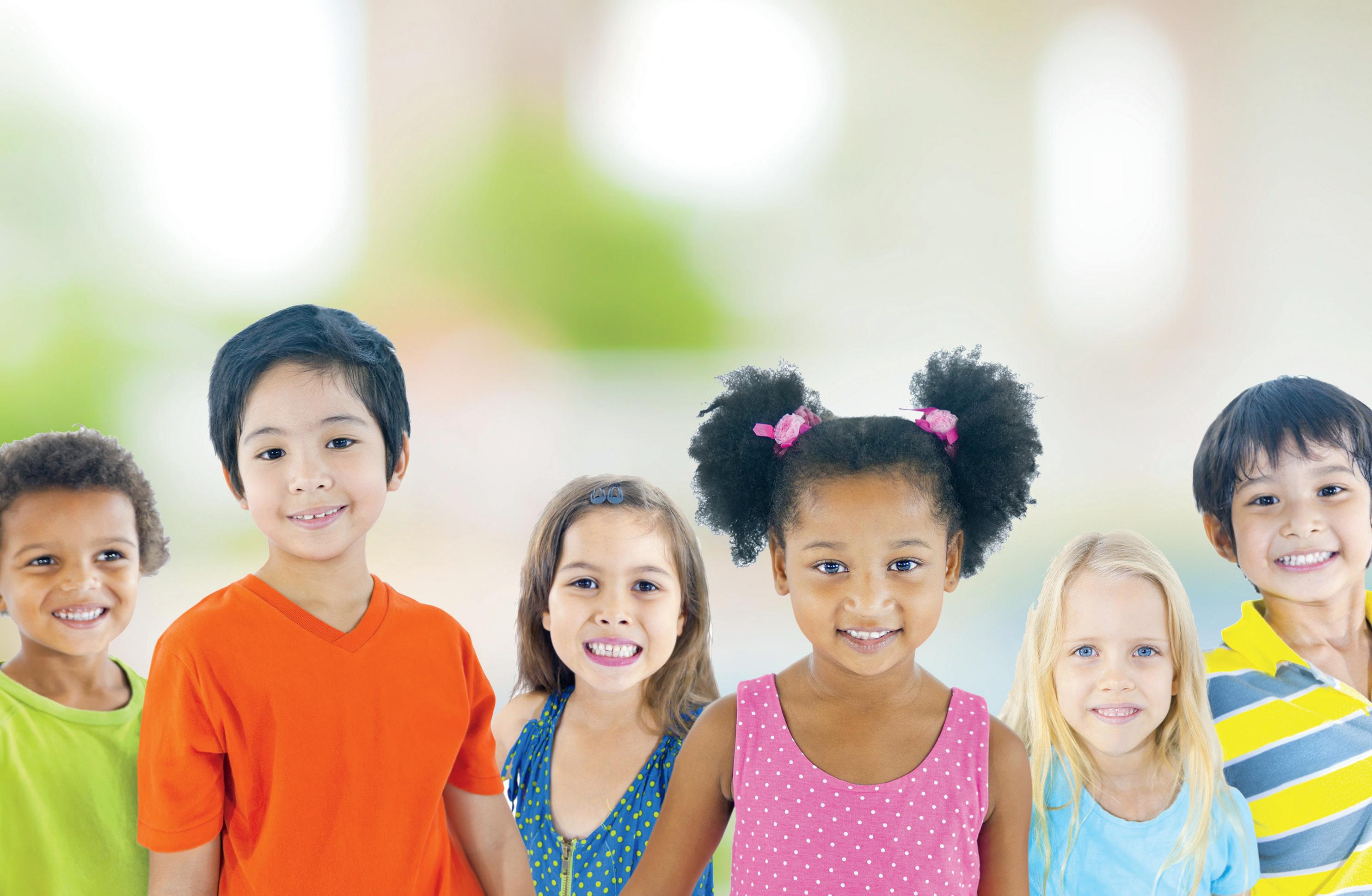


The San Diego Center for Children provides a range of services across 8 program sites and in hundreds of homes, schools and communities throughout the region.
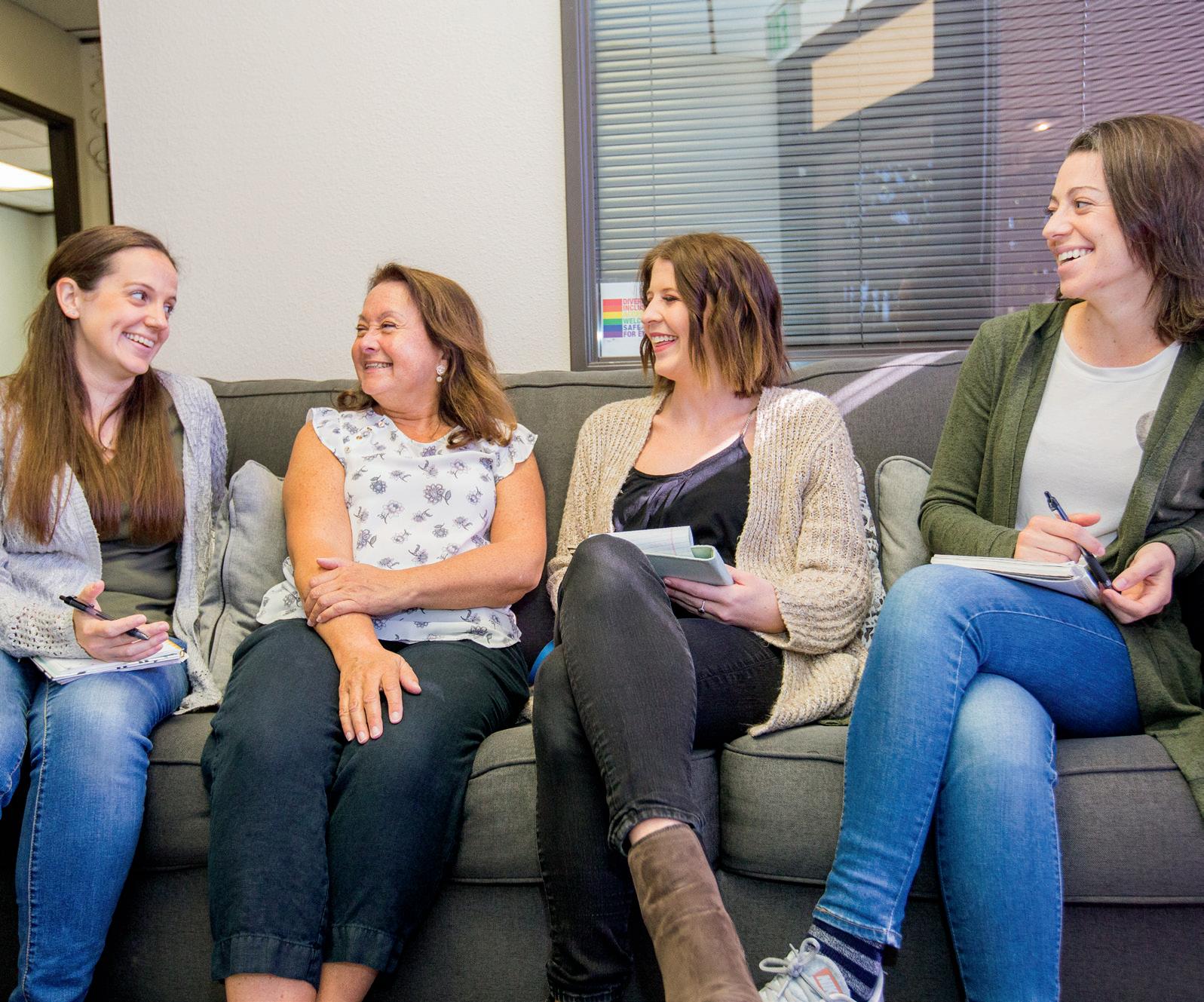
San Diego Center for Children Main Campus 3002 Armstrong Street San Diego, CA 92111
For a phone directory of all programs or general assistance: (858) 277-9550 www.centerforchildren.org
